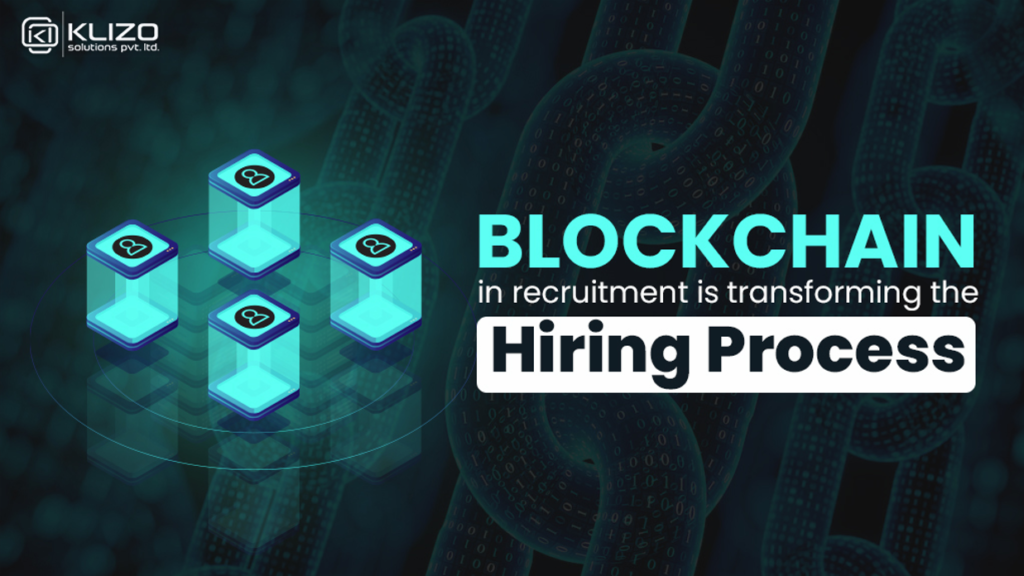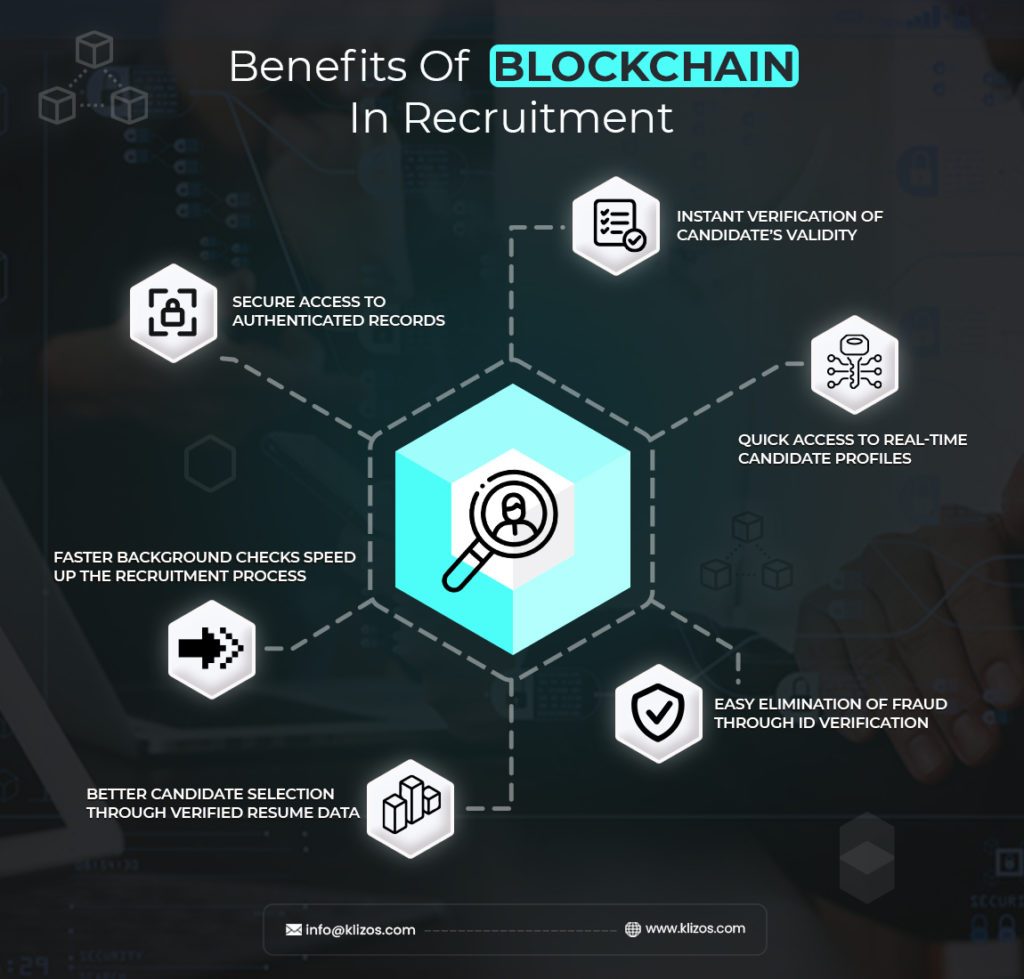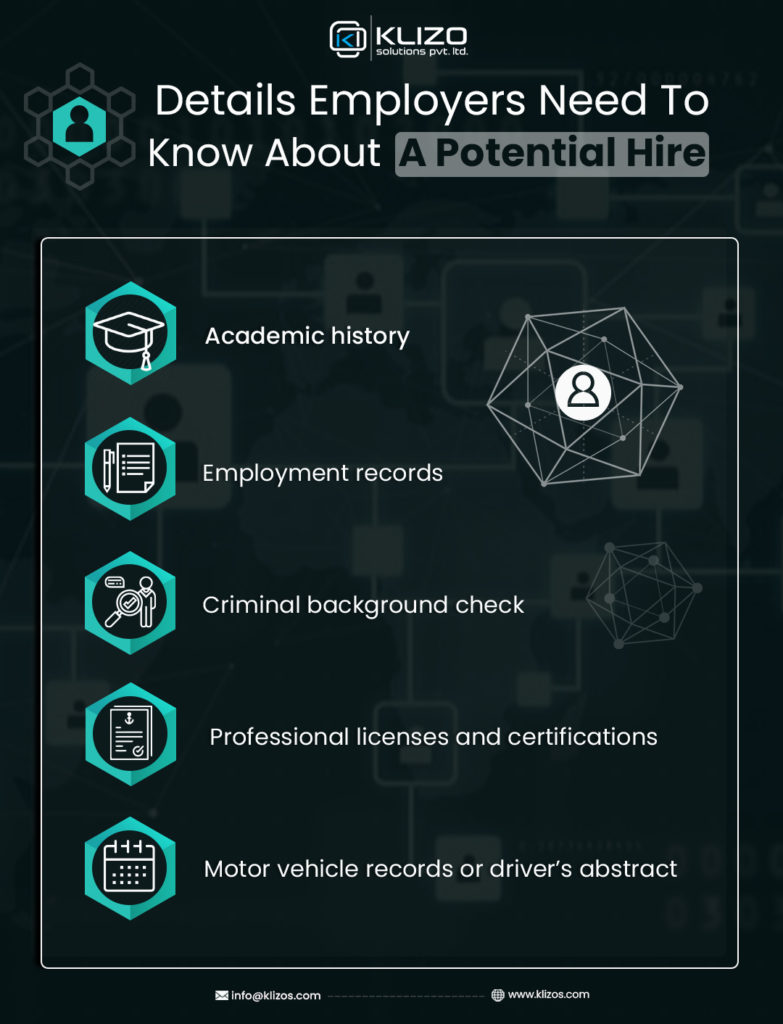


After all, even a Deloitte survey has shown that since 2013 there has been a 2000% increase in the interest of people wanting to know about blockchain.
But, do you know how blockchain in recruitment can help you with HR responsibilities and improve the whole process of recruitment?
In the 20th Annual HR Technology Conference and Exposition held by Human Resource Executive in Las Vegas in 2017, experts said blockchain was likely to fully enter the recruitment sector within 18 to 24 months.
And guess what! In 2022, blockchain is right here with its endless game-changing possibilities, knocking at the door of the recruitment sector!
For everyone wondering whether and how blockchain in recruitment can change and improve the hiring process and help one as a recruiter, we are here with this article to make sense of it all.
Blockchain is a public distributed digital ledger or record of economic transactions that can be programmed to record virtually everything that has value. In simpler words, it is used to keep an accurate track of records.
And as this digital ledger is incorruptible, it is impossible to steal, delete, or modify data that is already there on the chain.
When individual data, such as one’s education, employment history, and other work-related details, will be stored and securely interacted with on a real-time public digital ledger or blockchain, the recruiting process will become easier.
A blockchain recruiter can have accurate, complete, and instant access to the education and work-related details of a potential hire. And this means no more taking a resume at face value, no more chasing down and connecting with references, and no more belaboring over a potential candidate’s LinkedIn account.

A recent report suggests that millennials tend to change their employers once every 2.8 years. With the average cost of one ‘wrong’ hire being nearly $14,900, blockchain hiring can be the best solution for recruiters as it offers accurate and updated employment records of candidates.
Blockchain in recruitment processes also helps to filter the best match for an open position, eliminating any chance for the candidates to misrepresent themselves in their resumes.
Given how institutions usually interact with candidates and their data today, blockchain becoming relevant in the recruitment industry may seem shocking to many. But that can not stop blockchain from becoming a game-changer in the recruitment sector.
Even though blockchain is not fully grown yet, its potential to revolutionize the process of recruiters recruiting candidates is already visible to us all.
Here is how the use of blockchain in recruitment can help the recruiters and also the candidates.
Do you know that nearly 60% of job seekers often misrepresent themselves or misstate themselves on their resumes?
Reports show that 78% of candidates who had received or applied for a job in the past six months would consider misrepresenting themselves or lying about themselves on their job applications to secure their dream job.
But with blockchain, no such tampering with the data is possible as no one can lie anymore and include fake moments of triumphs like title changes, raises, etc., on their resumes.
As blockchain technology is completely transparent and decentralized, storing any information on its ledger will be possible, irrespective of location differences. Plus, the decentralized structure of blockchain will also make it impossible for anyone to create false information, as any fake entry will automatically and instantly be rejected.
Therefore, the recruiters of blockchain recruitment companies will get a clear and accurate picture of the strengths and weaknesses of potential candidates, which will help them determine the right candidate quickly.
Work is no longer limited to one location. As a result, tracking and verifying the professional background of a candidate has gotten extremely tough these days. But blockchain can help complete the verification in seconds.
Imagine you have found a perfect candidate following the traditional hiring process. Now, you need to complete the referrals. How will you do that?
No, there are not too many options to choose from other than chasing previous employers or professors to complete the candidate’s referral.
But with blockchain, you will no longer need to spend valuable time searching and connecting with the old bosses of the candidate you want to hire. Blockchain technology can fetch you the details in seconds.

Yes, a blockchain HR system can make background checks and referrals faster than ever, giving recruiters immediate access to a candidate’s complete work and educational history, performance reviews, etc.
From the previous residential address to educational qualifications, employment history, social security number, visa status, and compensation data, all information can be stored in a single blockchain application.
Using blockchain, a recruiter can perform a secure and quick verification of all the data submitted by a candidate by accessing the authenticated records and can go ahead with hiring the candidate as they will know for sure that the information provided by the candidate is 100% accurate and true. Plus, when combined with AI, blockchain can help with multidimensional matching, i.e., matching the talent with need.
Just like doing a background check in the blink of an eye, blockchain can help complete contracting procedures in seconds.
Employee contracting or onboarding a candidate requires you to dole out different login credentials, payroll numbers, details, passcodes, security access codes, etc.
As a recruiting professional, you even have to go forward and backward through different documents and departments numerous times to collect and verify the information needed to complete the profile of your new employee and add that info into your system.
But with blockchain hiring technology, going through all these employee contracting steps can be eliminated.

With the help of blockchain-based smart contracts, adding employee information and getting their payroll number and job contract can be done instantly and accurately. Paperwork, on the other hand, always leaves a chance for errors.
Especially for those recruiters who wish to reduce the paperwork burden on the admin and save more time for improving communication with the employee, blockchain lets them focus on such high-value and creative activities by freeing up a considerable amount of your valuable time.
And not only the recruiters but even candidates can also benefit from blockchain technology in recruitment.
When it comes to matching the right talent to the need, despite having valuable skill sets, candidates, who have gaps in their titles or background that do not match a role, tend to suffer.
For example, parents who are returning to the job, former inmates, veterans, and even students.
But with blockchain in recruitment, better matching can be done as it will be possible to quickly identify whether the skill sets a candidate has, match with a company’s job profile or not, despite the candidate’s background or title gap.
By instantly bringing out candidates based on a richer and more accurate database that recruiters hardly have access to, blockchain in talent acquisition offers a genuine candidate-centric experience.
Blockchain is not free from questions and false accusations like any other technological advancement. There are people who criticize this technology for the lack of oversight and try to make others believe that it is nothing but a passing trend. Some even believe that with companies using blockchain in HR, recruiters are likely to go out of their job.
But the reality is that technologies like blockchain are here to make humans more relevant than ever and not force them out of their jobs (Middlemen kindly excuse!).
For example, instead of making the taxi drivers lose their job, blockchain removed the middleman “Uber”, enabling direct communication between the drivers and the customers.
When you let your fear of change, anxiety, lack of courage to explore something new, and indecisiveness control your decision, you impede growth and diminish the prospect of new and advanced solutions.
Well, blockchain has already made its way into industries like finance, insurance, real estate, and banking. Blockchain-based cryptocurrencies have already become an integral part of mainstream business.
Now it is time for the recruitment sector to join the surging acceptance of this technology by using blockchain-based recruitment platforms.
Embracing blockchain in recruitment makes you more equipped and informed and your recruitment process more cost-effective and fast. So, do not let the “few bumps” keep you from enjoying a mind-blowing “road trip”.
Want to make the most out of blockchain in recruitment? Or is it that you want to integrate blockchain into your business?
No matter what you want, we, Klizo Solutions, are here to help!
Helping to integrate futuristic and latest technologies like blockchain, AI, and face recognition in your business, we make business processes simplified and advanced, which is necessary these days to stay ahead in the competition.
Click here to connect with us ASAP and explore the unfathomable potential of the emerging tech Blockchain!
Joey Ricard
Klizo Solutions was founded by Joseph Ricard, a serial entrepreneur from America who has spent over ten years working in India, developing innovative tech solutions, building good teams, and admirable processes. And today, he has a team of over 50 super-talented people with him and various high-level technologies developed in multiple frameworks to his credit.

Subscribe to our newsletter to get the latest tech updates.